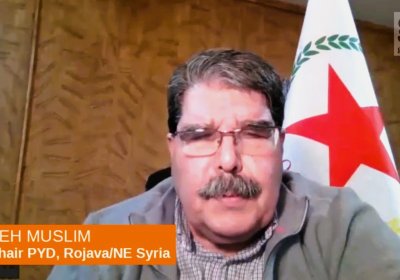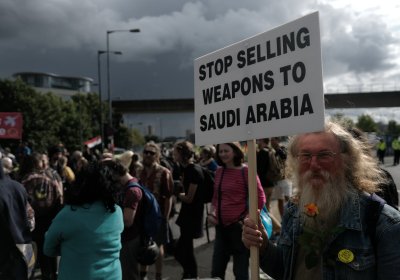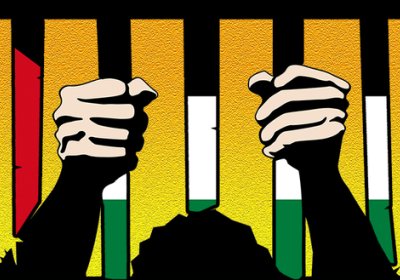In an exclusive interview with Green Left's Peter Boyle, Saleh Muslim, the co-chair of the Democratic Union Party (PYD) the leading party in Rojava's revolution in North-East Syria, warned that the current escalation of military conflict in the Middle East could be the beginning of “the third world war”.
Middle East
Saudi Arabia is suffering setbacks, in its war in Yemen, the oil price collapse and the COVID-19 pandemic, reports Rupen Savoulian.
Sarah Ayoub was baking bread. She was putting a loaf into a clay oven when she heard the explosions.
That was on June 5, 1967, the day Israel declared war against Egypt.
As Israel’s tanks drew closer, Sarah grew increasingly worried about Munther, her husband. He had gone out to work, transporting goods along with a merchant.
After an hour passed, he made it back to their home in Beach refugee camp, part of Gaza City.
The hunger strike launched in April by more than 1500 Palestinian prisoners ended on May 27 when the Israeli Prison Service (IPS) agreed to key concessions to improve the prisoners’ conditions.
The announcement of the end of the 41-day hunger strike, coinciding with the start of Ramadan, was greeted with relief and joy by prisoners’ families and supporters across Palestine and the world. By the time the deal to improve conditions to end the hunger strike was struck, about 800 prisoners were still participating.
After 40 days without food, hundreds of Palestinian prisoners have suspended their hunger strike in Israeli jails.
The end of the strike came after 20 hours of intense negotiations between the strike’s leaders, including imprisoned Fatah figure Marwan Barghouti, and the Israel Prison Service, according to a statement issued on the morning of May 27 by the prisoners solidarity committee.




